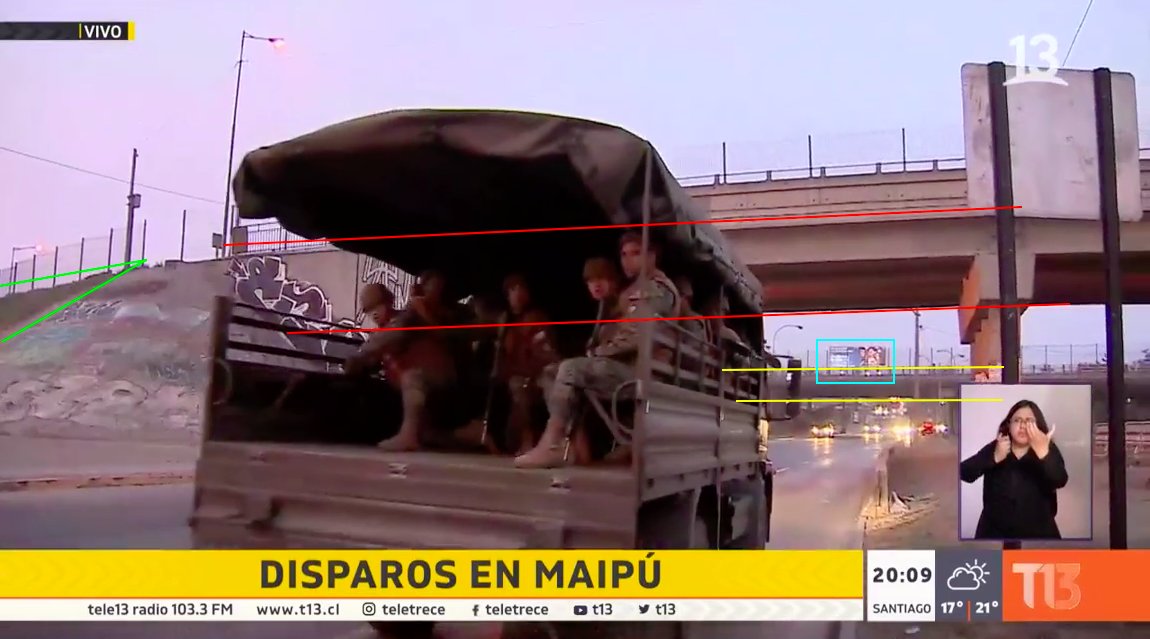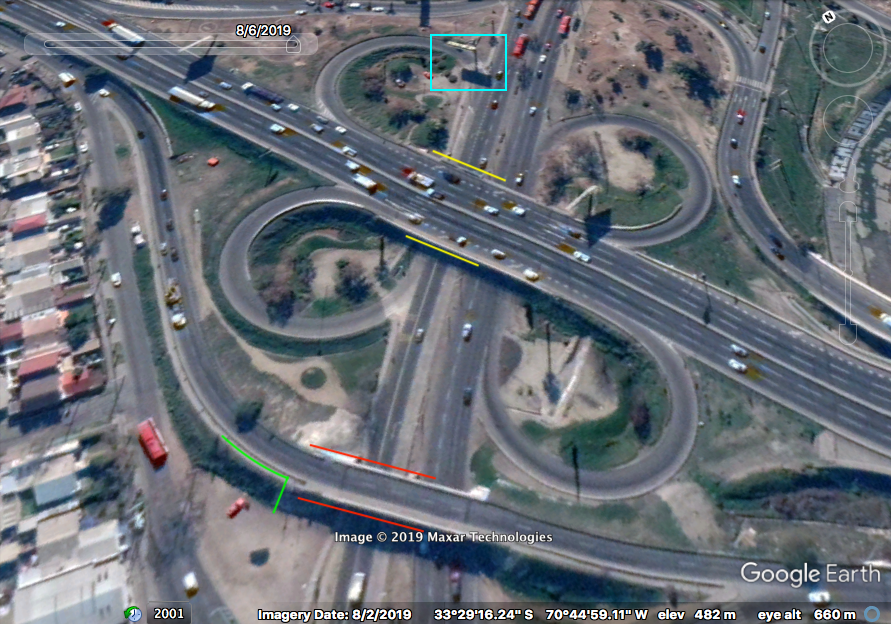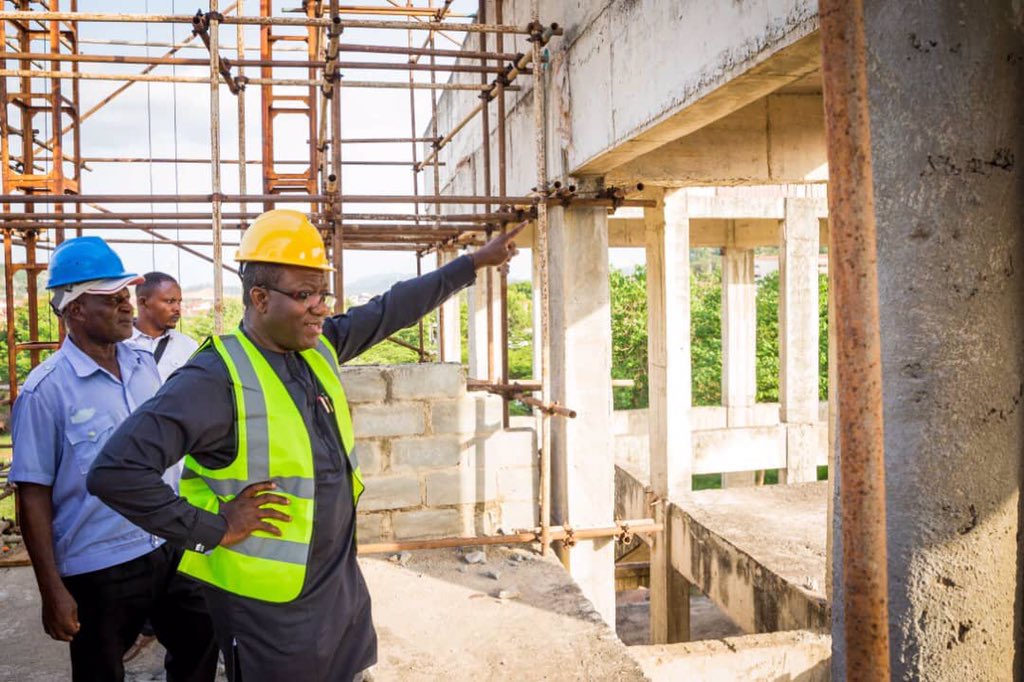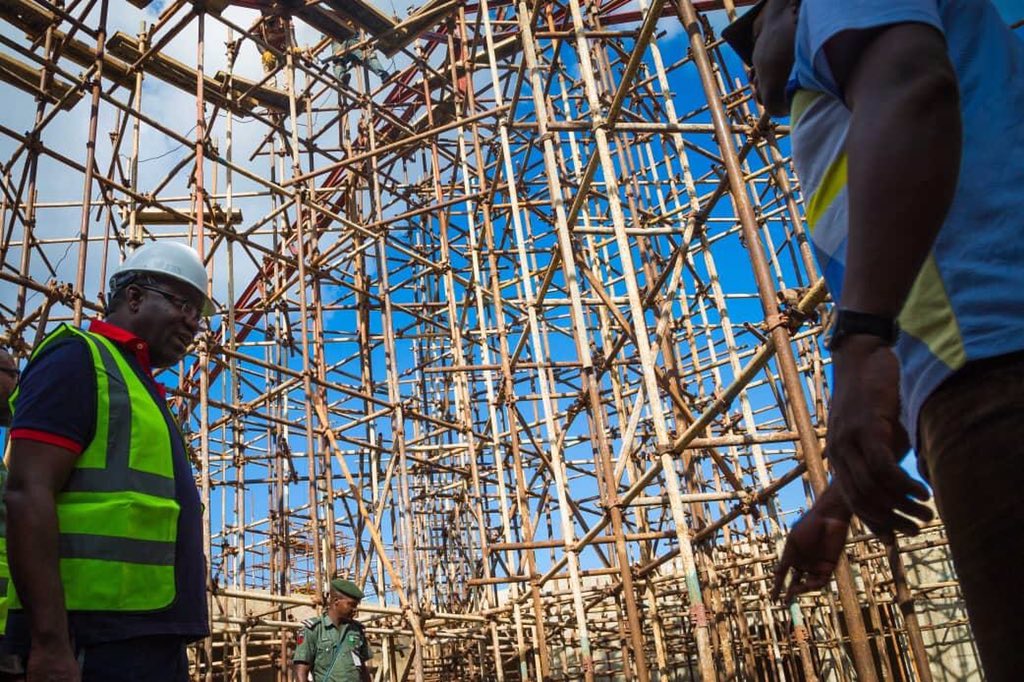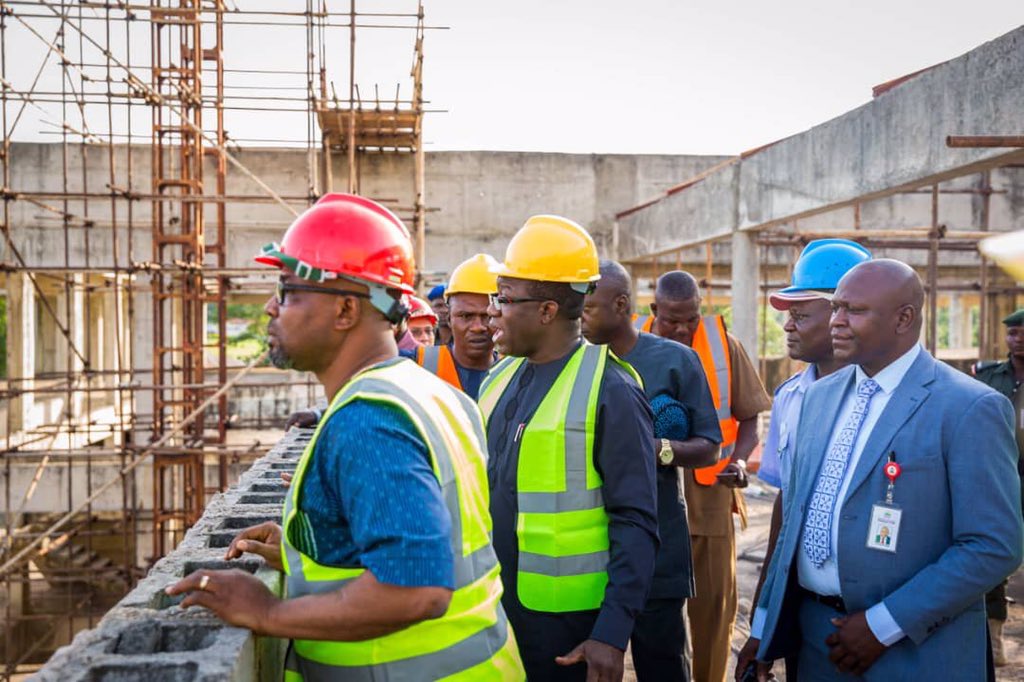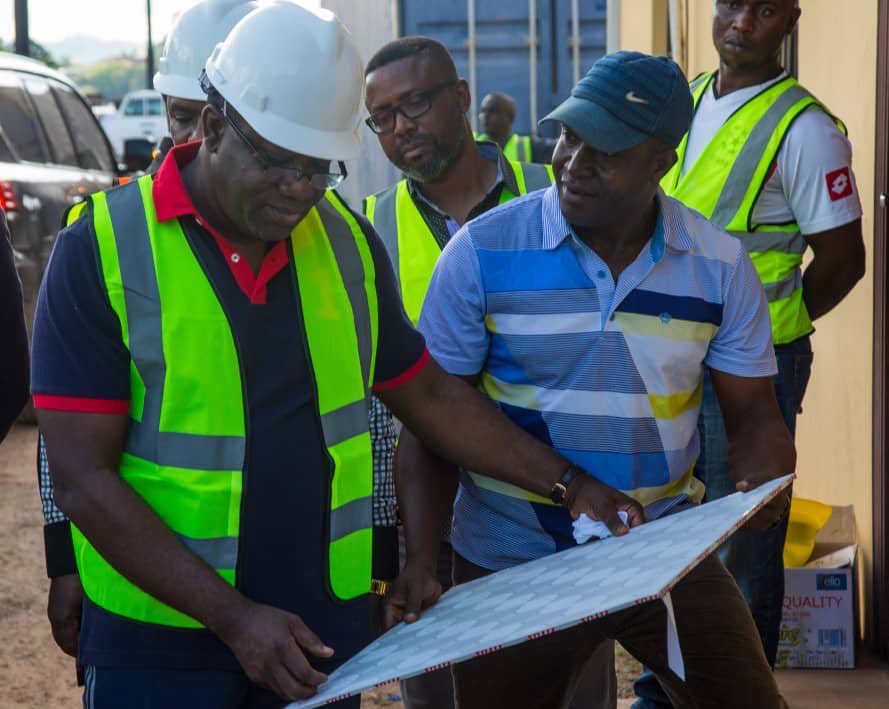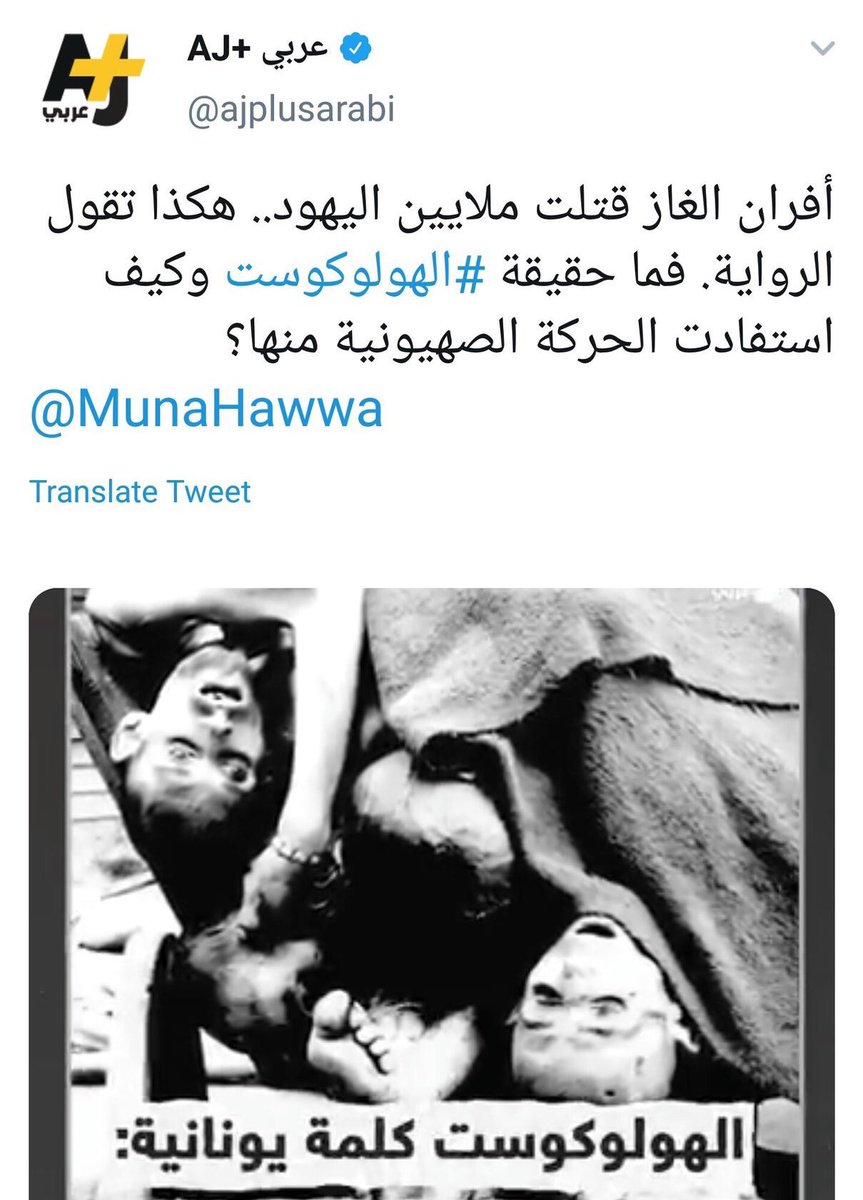Similarities: ave farm size in Both countries 2ha/person, 5-7tons/ha yield
Nigeria rice farmers applauded the idea of drone patrols to check rice smuggling across Benin border, for ex.
Them: “yes, but why would I block other African countries? I want to export to other African countries, too! Why punish other Africans for trade and leave sea borders open?”
(Context: That’s happened before, but maybe this is just a new excuse)
Burkina Faso’s is 9%, so better than both.





